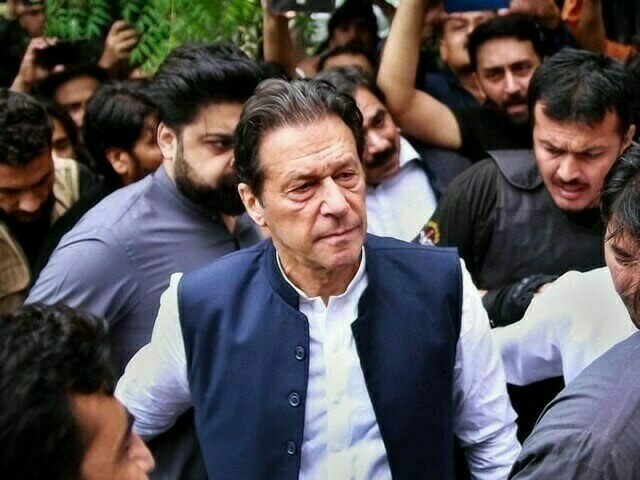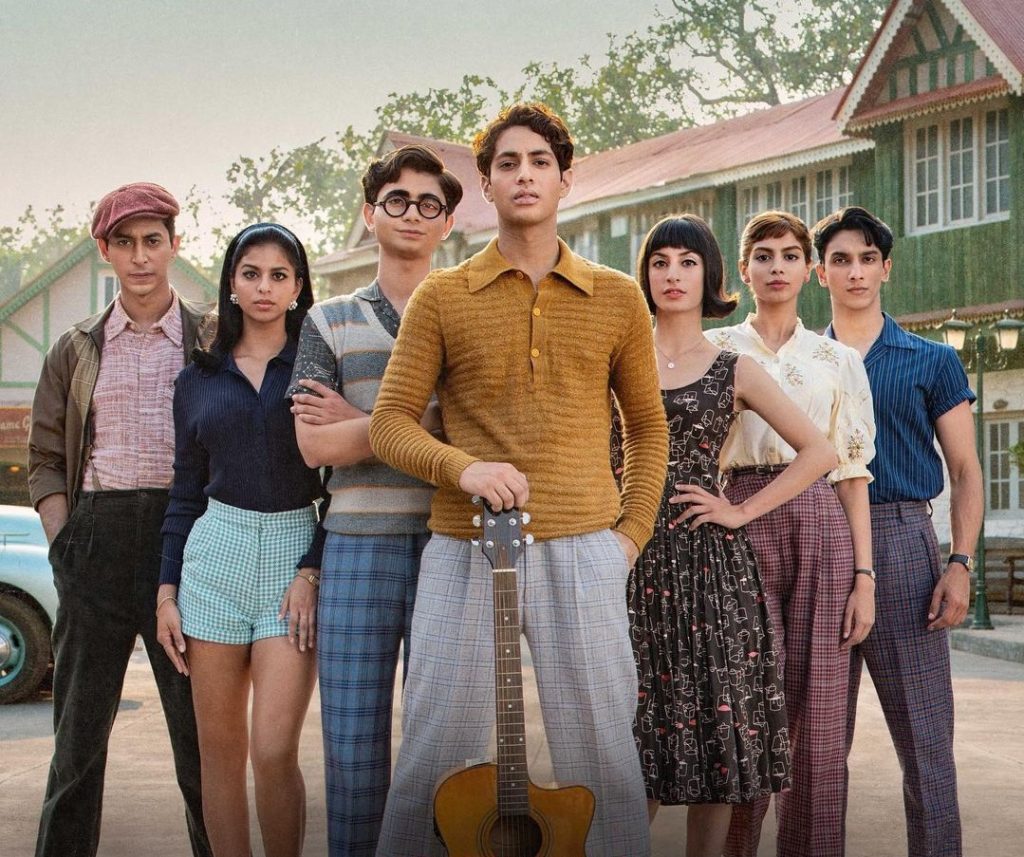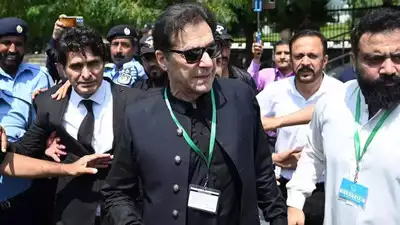The Islamabad district and sessions court rejected the PTI chairman’s plea to declare the Toshakhana criminal case admissible. Reserved verdict delivered by Additional Sessions Judge Humayun Dilawar. The High Court instructed the Sessions Court to reach a decision on the case within seven days.

The court denied the PTI chairman’s lawyer the right to be heard and dismissed their request for more time. Despite the PTI chairman’s counsel being unable to attend and requesting a delay until Monday, the court made this decision without hearing from them.
However, the plea was dismissed. Previously, the district and sessions judge expressed frustration over the absence of both the PTI chairman and his lawyer, Khawaja Haris, in the Toshakhana criminal case hearing.
The judge raised doubts about the reliability of the defense side’s commitments and criticized their lack of presence. Furthermore, the judge questioned whether the petitioner’s rights were being overlooked, while only the suspects’ rights were being considered.
The judge commented on the lawyer’s conduct toward the court and asked for any instance where the PTI chairman had appeared in court to be mentioned. The lawyer representing the former premier cited security threats at the district courts as the reason for their client’s absence.
The judge highlighted the court’s leniency in the Toshakhana case and emphasized that such leniency was uncommon. Earlier, the PTI chairman had submitted an application seeking exemption from appearing in court, which was opposed by the election commission’s lawyer.
The PTI chairman’s lawyer also requested a postponement, citing security threats. The election commission’s lawyer questioned the authority of the district and sessions court to handle the case.
The election commission’s lawyer stated that the complaint was filed under the commission’s direction, emphasizing their constitutional obligations to address corrupt actions. The lawyer added that the determination of whether the crime is proven or not would be decided during the trial.






